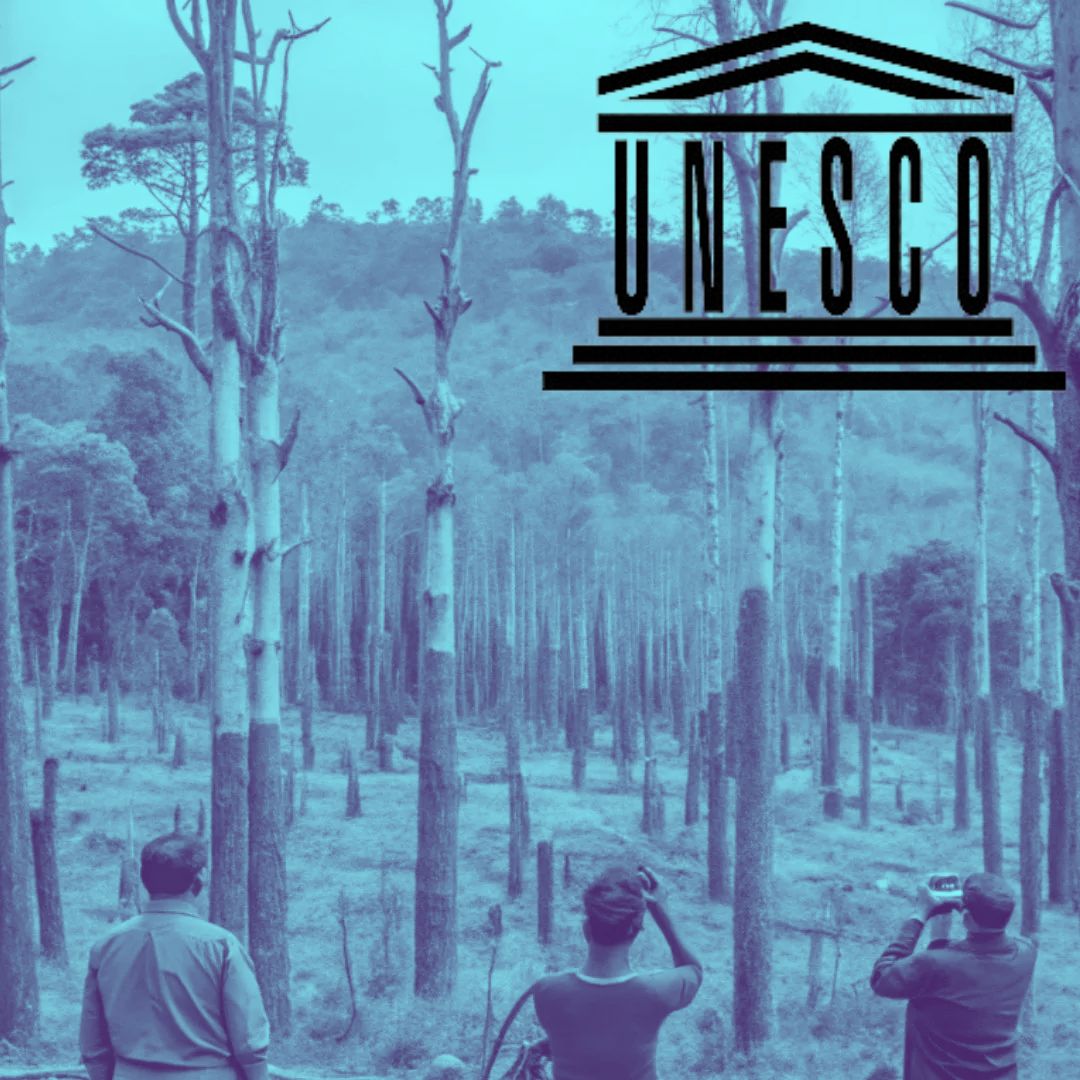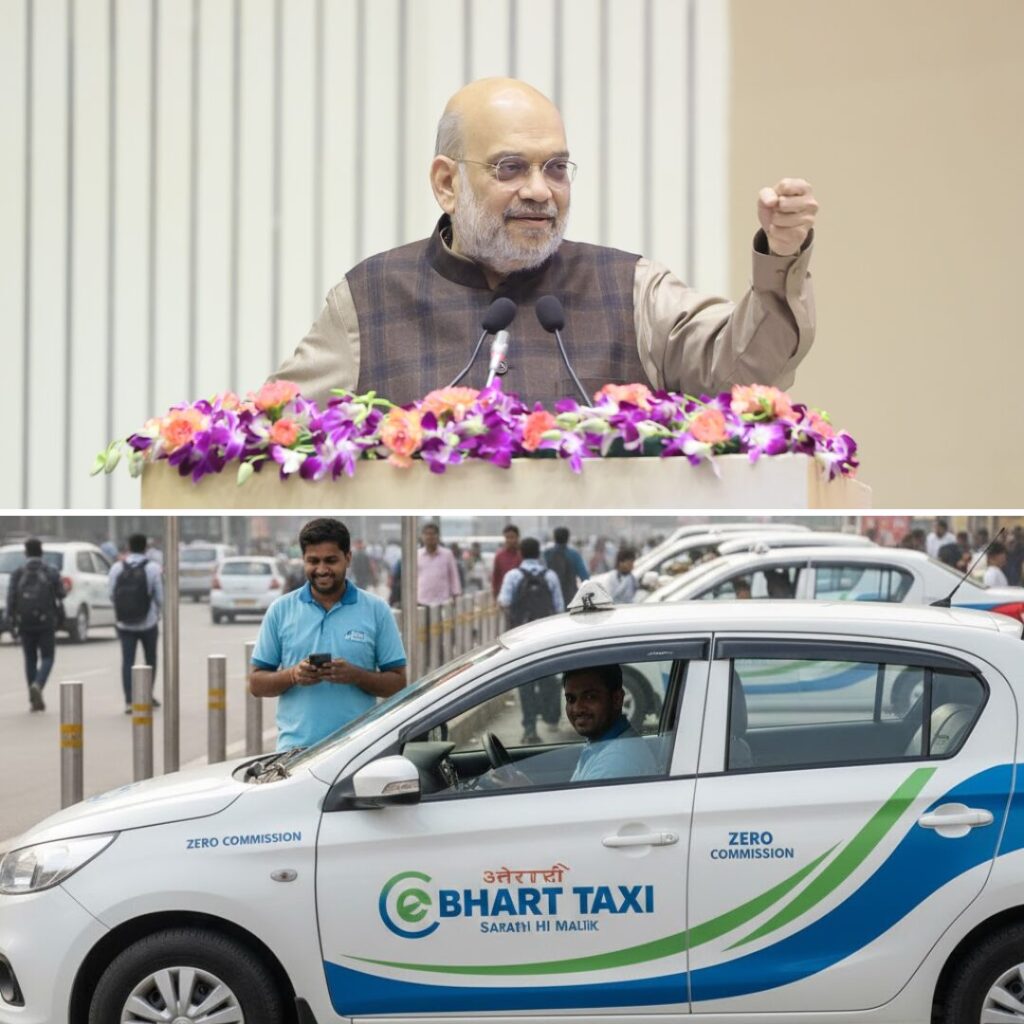Karnataka Government is prioritising infrastructure development over environmental conservation, ignoring the UNESCO World Heritage designation for the Western Ghats. The state government plans to build dams, resorts, and other projects despite six central notifications aimed at protecting this ecologically sensitive area. Stakeholders, including local communities and environmentalists, express concern over potential ecological degradation and loss of biodiversity. Recent developments indicate a growing tension between state ambitions and national conservation efforts.
Karnataka’s Development Agenda vs. UNESCO Heritage Status
The Karnataka government is aggressively pursuing infrastructure projects in the Western Ghats, aiming to address severe drought conditions and boost tourism. Planned developments include dams, water projects, and enhanced connectivity through roads and railways. Despite the UNESCO heritage tag established in 2012, which recognises the region as a biodiversity hotspot, the state views this designation as an impediment to its economic aspirations. Environmentalists argue that such projects could lead to irreversible damage to the delicate ecosystem, while government officials maintain that they can manage conservation alongside development.
Background of Conflict
The tension surrounding the Western Ghats stems from a long-standing conflict between ecological preservation and developmental needs. In 2012, Karnataka’s Assembly unanimously opposed the UNESCO designation, fearing it would hinder local development and displace communities. Since then, the state has received multiple notices from the central government aimed at enforcing stricter environmental protections in response to ongoing ecological threats such as landslides. Critics highlight that despite these warnings, Karnataka continues to push forward with plans that could exacerbate environmental risks.
The Logical Indian’s Perspective
As advocates for sustainable development and environmental stewardship, The Logical Indian urges a balanced approach that harmonises economic growth with ecological preservation. The current trajectory taken by Karnataka raises critical questions about our commitment to safeguarding natural heritage for future generations. How can we ensure that development does not come at the cost of our environment? We invite our readers to share their thoughts on finding a middle ground between progress and preservation.












